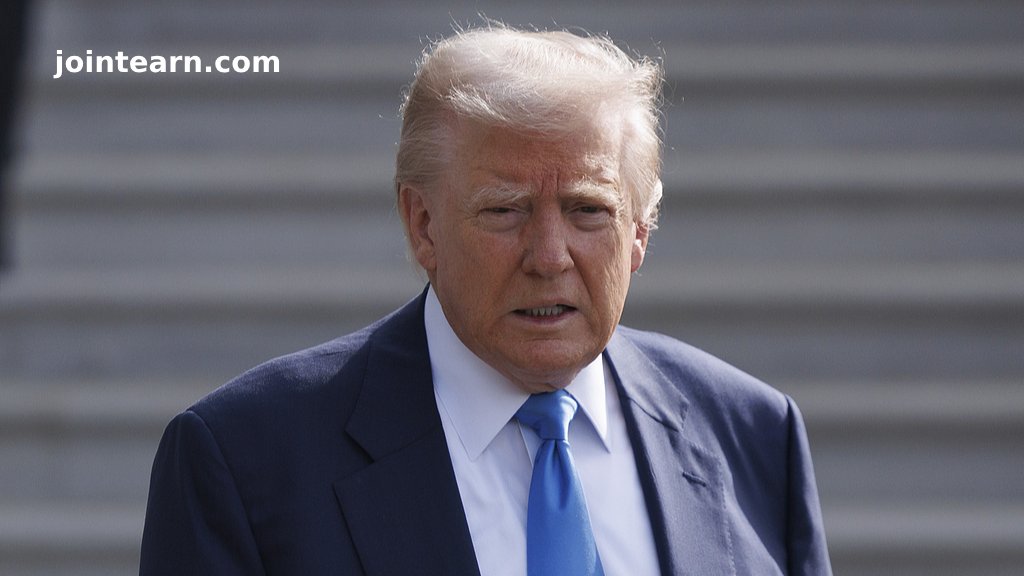The Chinese animated film Ne Zha 2 has taken the world by storm, officially becoming the highest-grossing animated film globally. With an impressive box office revenue of 12.3 billion yuan ($1.7 billion; £1.4 billion), its success has ignited a wave of national pride across China.
However, as the film’s fans celebrate its record-breaking performance, they are also on high alert against critics, accusing them of being opportunistic detractors or even paid “haters” attempting to undermine its success.
A Rivalry with Captain America 4?
The patriotic enthusiasm surrounding Ne Zha 2 has also sparked comparisons with Captain America: Brave New World, the fourth installment of Marvel’s superhero franchise. Many Chinese moviegoers now view it as a direct competitor to Ne Zha 2, fueling an online movement against the Hollywood film.
Social media is flooded with posts expressing disdain for Captain America 4, with one widely shared slogan stating: “I don’t care if Ne Zha 2 succeeds overseas, but Captain America 4 must fail in China.”
Reports indicate that the Marvel film has struggled at the Chinese box office, earning only $10.6 million of its total $92 million international revenue. This lackluster performance has been interpreted by some as a sign of waning American influence in China. One essay circulating online even claimed: “It’s not Captain America that’s failing—it’s America itself.”
Some cinemas in China have allegedly reduced screenings of Captain America 4 to prioritize Ne Zha 2, reinforcing the idea that the animated film has become a symbol of national pride. Meanwhile, Chinese audiences have voiced frustration over what they perceive as insufficient screenings of Ne Zha 2 in North American theaters, claiming that American cinemas are favoring other films instead.
A Cultural Phenomenon in China

Since its release on January 29, Ne Zha 2 has dominated the Chinese box office, benefiting from the Lunar New Year holiday rush. It reached the $1 billion milestone in under two weeks—an especially notable achievement given China’s current economic challenges.
The film is being hailed as a testament to the growing strength of China’s film industry, demonstrating that domestic productions can compete with Hollywood blockbusters. This echoes the success of previous patriotic hits like The Battle of Lake Changjin, a 2021 war film that previously held China’s highest-grossing film record.
Unlike Hollywood films, which typically generate revenue from multiple international markets, over 99% of Ne Zha 2’s earnings come from China. This domestic dominance has led to the movie being seen as a cultural litmus test—supporting it is often equated with patriotism.
Many fans have watched Ne Zha 2 multiple times, proudly sharing their ticket purchases on social media. Others, however, have faced criticism for not seeing the film, with one user on Douyin (China’s version of TikTok) lamenting: “A friend told me I was unpatriotic just because I didn’t watch Ne Zha 2.”
Backlash Against Criticism
As Ne Zha 2 expands into international markets—including the US and Australia—audiences have started sharing their reviews. However, critical opinions, ranging from concerns about plot inconsistencies to allegations of anti-feminist undertones, have been met with swift backlash.
Some fans have dismissed negative reviews outright, accusing critics of seeking attention or being financially motivated to discredit the film. “People like that are either clout-chasing or being paid,” one Xiaohongshu (China’s Instagram-like platform) user wrote.
This aggressive defense of the film is not entirely new in Chinese online discourse, but the intensity of the reactions has escalated due to the movie’s overwhelming success. Critics argue that some supporters see any negative feedback as an attack on Chinese cinema itself, equating criticism with loyalty to Hollywood.
One Xiaohongshu post even warned of an orchestrated effort to discredit Ne Zha 2: “Everyone beware, there’s a wave of haters swarming online with premeditated criticism—jealous people from foreign and domestic film industries.”
A Double-Edged Sword?
While Ne Zha 2 has been praised for its storytelling, special effects, and high-quality animation, its association with nationalist sentiment has sparked debates in China. Some worry that its growing political significance could overshadow its artistic merits.
A post on Xiaohongshu expressed concern over the polarized discussions: “Criticizing the plot flaws is seen as unpatriotic. Other films released at the same time are condemned without hesitation. Instead of deep discussions, it has turned into a war between fans and haters. This is not a good cultural environment.”
Despite these controversies, Ne Zha 2 has undeniably cemented itself as a cultural phenomenon, showcasing the global potential of Chinese animated films. Whether it can maintain its momentum internationally remains to be seen, but its impact on the domestic film industry is already significant.












